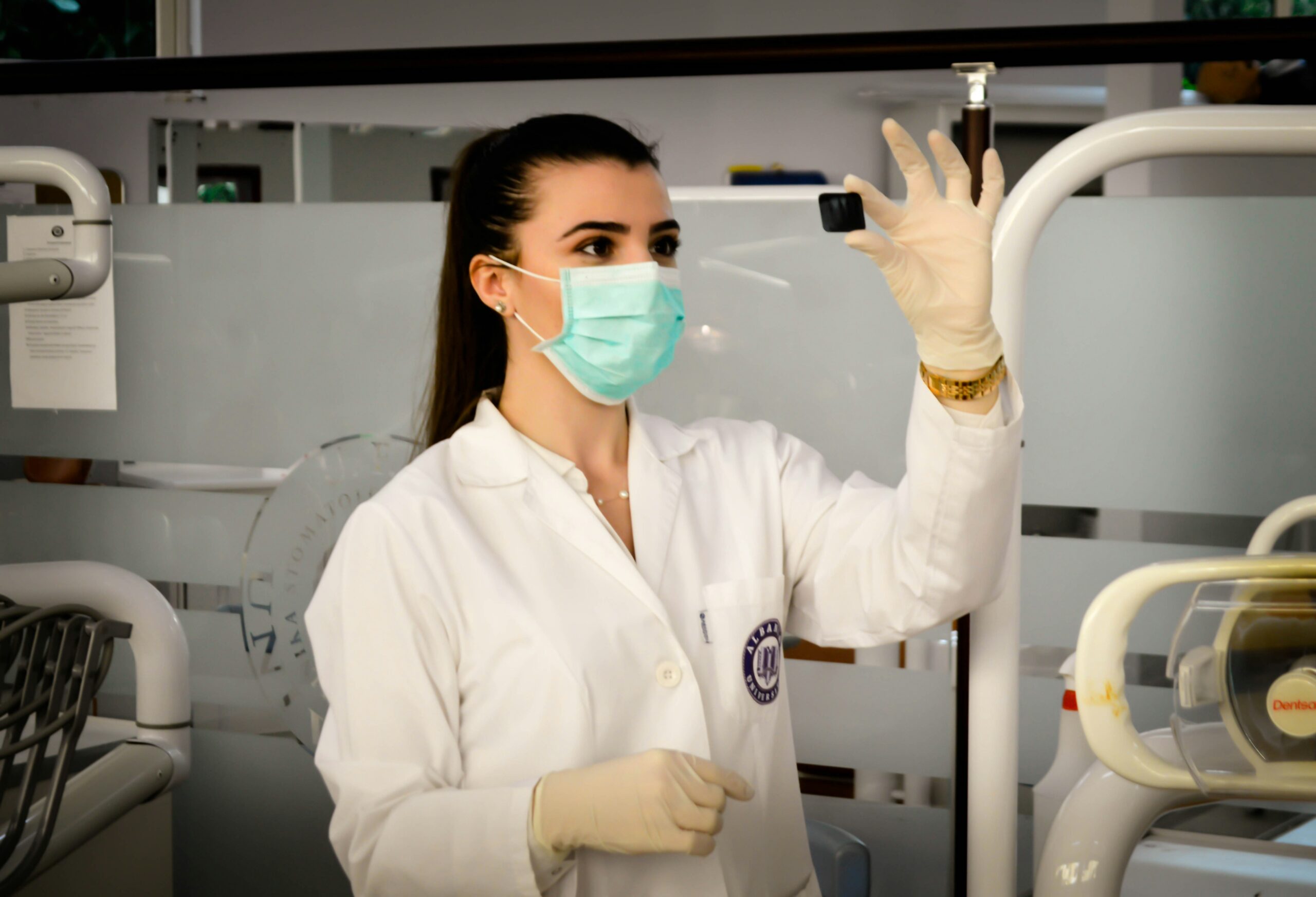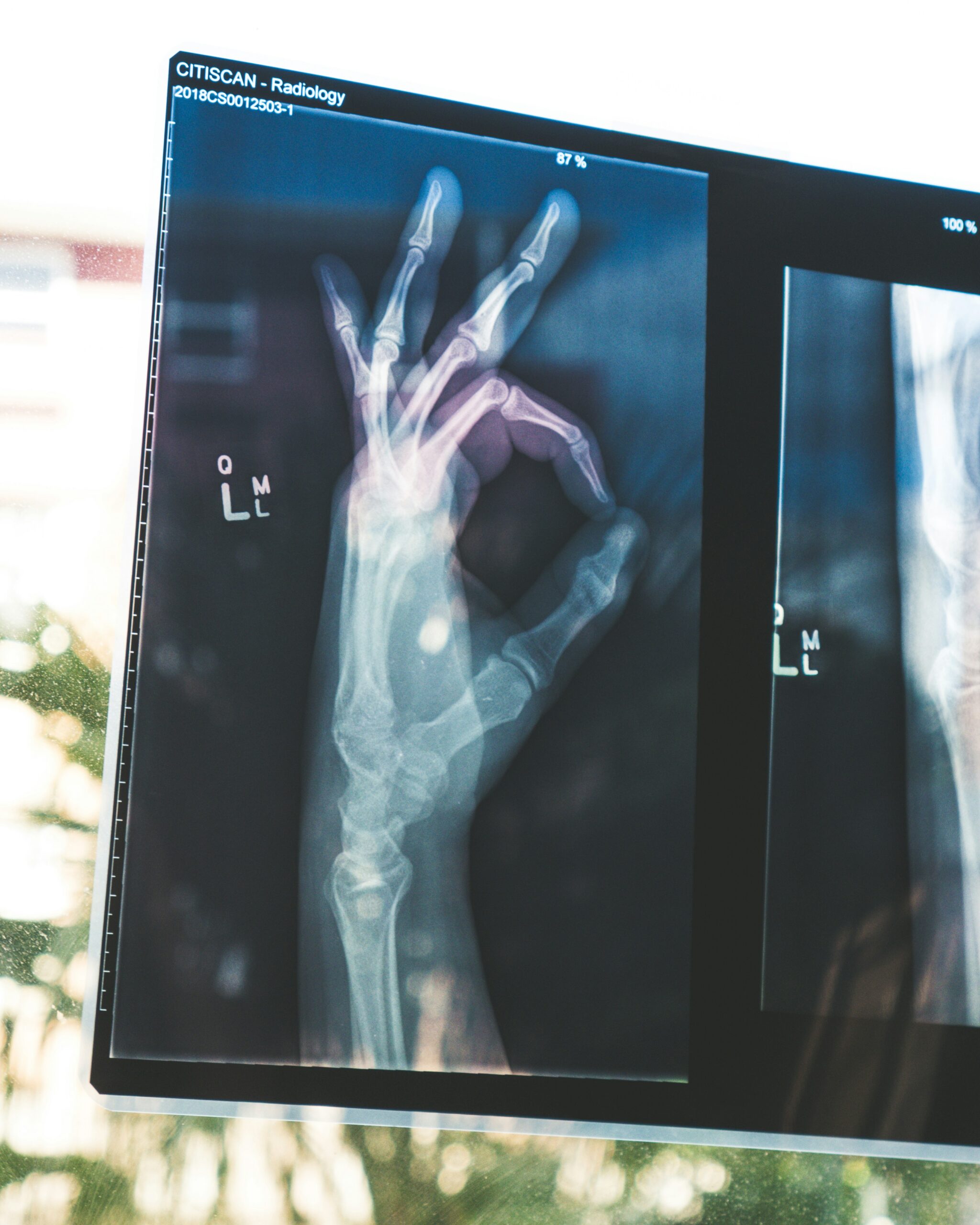Have you ever wondered about the connection between inflammation and prostate swelling? In this article, we will explore the role that inflammation plays in the development of prostate swelling, also known as prostatitis. By understanding this relationship, we can gain insights into potential prevention and treatment strategies for this common condition. So, let's dive into the fascinating world of prostate health and inflammation!
Understanding the Prostate Gland
Structure and location of the prostate gland
The prostate gland is a small, walnut-shaped organ that is part of the male reproductive system. It is located just below the bladder and surrounds the urethra, the tube responsible for carrying urine from the bladder out of the body. The prostate gland consists of several lobes, with the anterior lobe being the largest. It is made up of both glandular and muscular tissue, and its size can vary throughout a man's life.
Function of the prostate gland in the male reproductive system
The primary function of the prostate gland is to produce and secrete seminal fluid, a milky substance that forms part of semen. Seminal fluid nourishes and protects sperm, enhancing their ability to fertilize an egg. During ejaculation, the prostate gland contracts, forcing the semen into the urethra and out of the body. Additionally, the prostate gland plays a role in regulating urine flow by providing structural support to the urethra.
Definition and Etiology of Prostate Swelling
Understanding what prostate swelling or prostatitis means
Prostate swelling, also known as prostatitis, refers to the inflammation of the prostate gland. It can manifest as acute or chronic, with chronic prostatitis being more common. Prostatitis can be categorized into four types: bacterial, non-bacterial, inflammatory, and asymptomatic inflammatory prostatitis. The exact cause of prostatitis is often difficult to determine, but it can be linked to bacterial infections, pelvic trauma, nerve damage, or an autoimmune response.
Various causes leading to prostate swelling
Prostate swelling can be caused by a variety of factors, including bacterial infections such as urinary tract infections or sexually transmitted infections. In some cases, the cause may be non-bacterial, resulting from inflammation without the presence of an infection. Other factors that can contribute to prostate swelling include bladder outlet obstruction, pelvic floor muscle dysfunction, or exposure to irritants. Additionally, autoimmune conditions or previous prostate procedures can trigger inflammation in the prostate gland.

Understanding Inflammation as a Physiological Process
The body's immune response: Introduction to inflammation
Inflammation is a fundamental physiological process that occurs in response to various stimuli, including infections, injuries, or immune system disorders. It is the body's defense mechanism against harmful agents and is necessary for initiating the healing process. When an infection or injury occurs, the immune system releases chemicals that promote blood flow to the affected area, leading to redness, swelling, heat, and pain.
How inflammation acts as a double-edged sword
While inflammation is essential for protecting the body, it can also have detrimental effects if not properly regulated. Prolonged or excessive inflammation can lead to tissue damage and contribute to the development of chronic conditions. Inflammation involves the release of inflammatory mediators, such as cytokines and prostaglandins, which can have systemic effects on the body. Therefore, maintaining a balance between inflammation and its resolution is crucial for overall health.
Different stages of an inflammatory response
The inflammatory response consists of several stages: the initiation phase, amplification phase, destruction phase, and resolution phase. In the initiation phase, inflammatory signals are triggered by the presence of pathogens or tissue damage. This leads to the recruitment of immune cells, such as neutrophils and macrophages, to the affected area during the amplification phase. In the destruction phase, these immune cells eliminate the pathogens or damaged tissue. Finally, the resolution phase involves the removal of the inflammatory mediators and the restoration of tissue homeostasis.
The Inflammatory Response in the Prostate Gland
Infectious agents and inflammation in the prostate gland
Infectious agents, such as bacteria or viruses, can infiltrate the prostate gland, leading to an inflammatory response. Bacterial prostatitis is often caused by bacteria entering the prostate through the urinary tract or bloodstream. These pathogens trigger an immune response, resulting in inflammation within the prostate gland. The prostate becomes swollen and tender, causing discomfort and urinary symptoms.
Non-infectious causes for inflammation in the prostate gland
Inflammation in the prostate gland can also occur without the presence of an infection. Non-infectious causes of prostate inflammation include autoimmune disorders, pelvic trauma, or irritation from substances that come into contact with the prostate. Autoimmune conditions like autoimmune prostatitis can lead to chronic inflammation in the prostate gland. Pelvic trauma, such as during accidents or sports injuries, can also cause inflammation. Exposure to certain irritants, such as chemicals or medications, can irritate the prostate and trigger an inflammatory response.

Correlation Between Inflammation and Prostate Swelling
How inflammation can lead to the enlargement of the prostate gland
Inflammation in the prostate gland can contribute to the enlargement of the prostate, a condition known as benign prostatic hyperplasia (BPH). Chronic inflammation leads to the activation of growth factors and cytokines that promote cell proliferation. This increased cell growth and division can result in the enlargement of the prostate gland. The enlarged prostate can then compress the urethra, leading to urinary symptoms such as weak urine flow, frequent urination, or difficulty emptying the bladder.
Scientific studies supporting the relationship between inflammation and prostate swelling
Numerous scientific studies have explored the association between inflammation and prostate swelling. These studies have shown that chronic inflammation in the prostate gland is commonly observed in men with BPH and prostate cancer. Inflammation markers, such as elevated levels of inflammatory cytokines or immune cells, have been found in the prostatic tissues of affected individuals. This evidence suggests that inflammation plays a significant role in the development and progression of prostate swelling.
Symptoms Indicating Inflammatory Prostate Swelling
Common clinical symptoms of prostate swelling caused by inflammation
Inflammatory prostate swelling can present with various clinical symptoms that can significantly impact a man's quality of life. These symptoms may include urinary urgency, frequency, or hesitancy. Men may experience a weak urine stream, difficulty starting or stopping urination, or incomplete bladder emptying. Other symptoms can include pain or discomfort in the pelvic area, pain during ejaculation, or blood in the urine or semen. It is important to consult a healthcare professional if these symptoms persist or worsen.
The impact of these symptoms on quality of life
The symptoms associated with inflammatory prostate swelling can have a significant impact on a man's quality of life. The urinary symptoms can disrupt daily activities, limit social interactions, and interfere with sleep. The pain and discomfort can cause physical and emotional distress, affecting overall well-being. It is essential to address these symptoms and seek appropriate medical care to improve quality of life and prevent complications.

Diagnostic Methods for Detecting Inflammatory Prostate Swelling
Physical examination and medical history
A thorough physical examination, including a digital rectal examination, is often performed to assess the prostate gland's size, texture, and tenderness. The healthcare provider may also inquire about the patient's medical history, including urinary symptoms, sexual history, previous infections, or risk factors. This information helps in determining the potential cause of the prostate swelling and guiding further diagnostic tests.
Laboratory tests and imaging studies
Laboratory tests, such as a urinalysis or urine culture, may be conducted to identify the presence of bacteria or signs of infection. Blood tests, such as a prostate-specific antigen (PSA) test, can help evaluate prostate health and screen for prostate cancer. Imaging studies, such as an ultrasound or magnetic resonance imaging (MRI) scan, may be performed to visualize the prostate gland and detect any abnormalities or structural changes.
The role of Prostate-Specific Antigen (PSA) testing
Prostate-specific antigen (PSA) testing is a common diagnostic tool used to assess prostate health. PSA is a protein produced by the prostate gland, and elevated levels of PSA can indicate various prostate conditions, including inflammation, infection, BPH, or prostate cancer. However, PSA levels can be influenced by factors other than prostate health, so additional tests may be necessary to determine the underlying cause of prostate swelling.
Treatment Approaches for Inflammatory Prostate Swelling
Medical management, including pharmaceutical options
The treatment of inflammatory prostate swelling often involves medical management, which may include the use of antibiotics in cases of bacterial prostatitis. Nonsteroidal anti-inflammatory drugs (NSAIDs) or other pain relievers may be prescribed to alleviate pain or discomfort associated with inflammation. Alpha-blockers can help relax the muscles around the prostate and improve urinary symptoms. In some cases, the healthcare provider may recommend medications that target hormonal imbalances contributing to prostate swelling.
Surgical interventions if necessary
Surgical interventions may be required for certain cases of inflammatory prostate swelling that do not respond to conservative treatments. Procedures such as transurethral resection of the prostate (TURP) or laser ablation can help alleviate urinary obstruction caused by an enlarged prostate. Surgical removal of the prostate gland, known as a prostatectomy, may be necessary in cases of severe inflammation, persistent symptoms, or the presence of prostate cancer.
Lifestyle modifications and complementary therapies
In addition to medical and surgical interventions, lifestyle modifications and complementary therapies can play a role in managing inflammatory prostate swelling. These may include dietary changes, such as reducing caffeine and alcohol intake, maintaining a healthy weight, and increasing physical activity. Pelvic floor exercises, stress management techniques, and complementary therapies like acupuncture or herbal supplements may also provide symptomatic relief and improve overall prostate health.
Complications of Untreated Inflammatory Prostate Swelling
Possible long-term impacts on urinary system
If left untreated, inflammatory prostate swelling can lead to long-term complications, particularly affecting the urinary system. Chronic inflammation and an enlarged prostate can worsen urinary symptoms, leading to urinary retention or recurrent urinary tract infections. The increased resistance to urine flow caused by prostate swelling can strain the bladder, resulting in bladder dysfunction or decreased bladder capacity. Additionally, untreated inflammation can contribute to the development of bladder or kidney stones, further compromising urinary health.
Potential impacts on sexual function
Inflammatory prostate swelling can also impact sexual function. The inflammation and discomfort associated with prostatitis can cause pain during sexual activity, leading to reduced sexual desire or performance anxiety. In some cases, erectile dysfunction may be experienced. Psychological factors, such as stress or anxiety, can further contribute to sexual difficulties. Addressing the underlying inflammation and managing symptoms can help improve sexual function and overall sexual well-being.
Increased risk of prostate cancer
Chronic inflammation in the prostate gland has been associated with an increased risk of developing prostate cancer. The continuous immune response and release of inflammatory mediators can lead to DNA damage, cell mutations, and the promotion of tumor growth. Therefore, untreated inflammatory prostate swelling may predispose individuals to a higher risk of developing prostate cancer. Regular screenings and early detection are essential to identify any potential malignancies and initiate prompt treatment.
Prevention and Maintenance of Prostate Health
Importance of routine screenings and early detection
Routine screenings, such as regular prostate exams and PSA testing, are crucial for the early detection of prostate swelling or any potential abnormalities. These screenings provide an opportunity for healthcare providers to monitor prostate health, identify symptoms or risk factors, and initiate appropriate interventions. Early detection allows for better treatment outcomes and reduces the risk of complications associated with inflammatory prostate swelling or prostate cancer.
Diet and exercise for maintaining prostate health
Maintaining a healthy diet and engaging in regular exercise can promote prostate health and reduce the risk of inflammation. A diet rich in fruits, vegetables, whole grains, lean proteins, and healthy fats provides valuable nutrients and antioxidants that support the immune system and reduce inflammation. Regular physical activity helps maintain a healthy weight, improves blood circulation, and supports overall prostate function. It is important to consult with a healthcare professional or nutritionist to develop a personalized diet and exercise plan.
Avoiding risk factors and early intervention
Certain risk factors, such as unprotected sexual activity, smoking, or exposure to certain chemicals, can increase the likelihood of developing inflammatory prostate swelling. It is crucial to practice safe sexual habits, avoid smoking, and minimize exposure to potential prostate irritants. Early intervention is key in managing any symptoms of prostate swelling or inflammation. Seeking medical attention promptly can prevent the progression of the condition and reduce the risk of complications.
In conclusion, inflammation plays a significant role in prostate swelling or prostatitis. Understanding the structure and function of the prostate gland, the etiology of prostate swelling, and the inflammatory process in the body can shed light on this complex condition. Recognizing the correlation between inflammation and prostate swelling, along with the associated symptoms and potential complications, emphasizes the importance of seeking medical care and adhering to preventive measures. By maintaining prostate health through routine screenings, healthy lifestyle choices, and early intervention, individuals can promote their overall well-being and reduce the risk of inflammatory prostate swelling.

